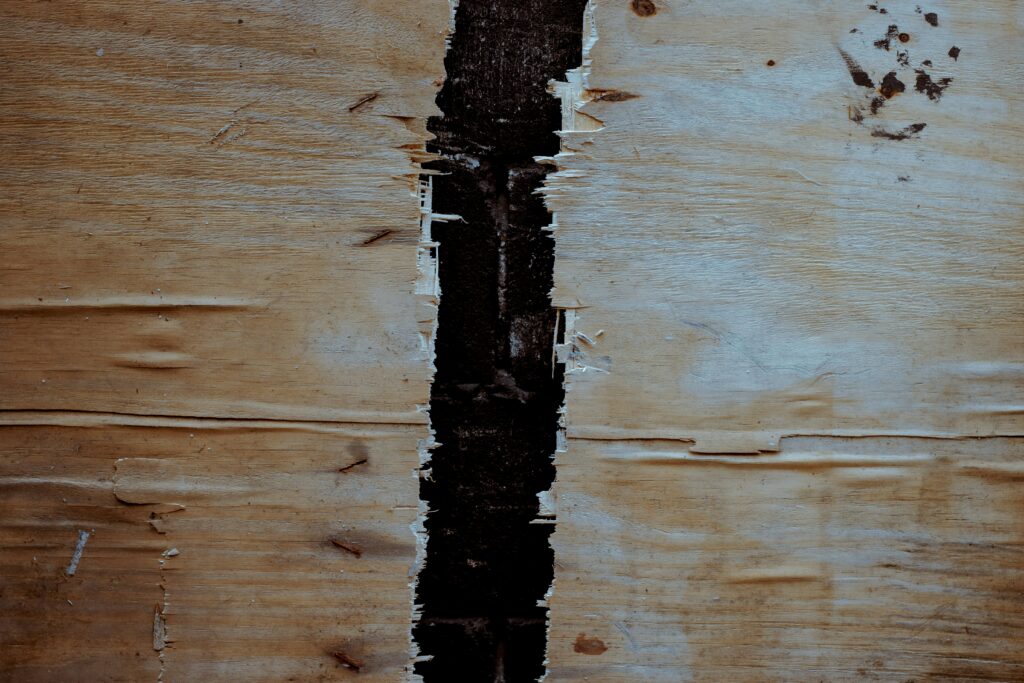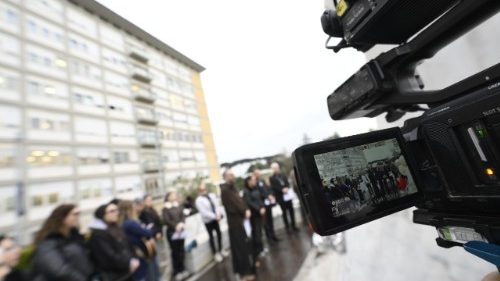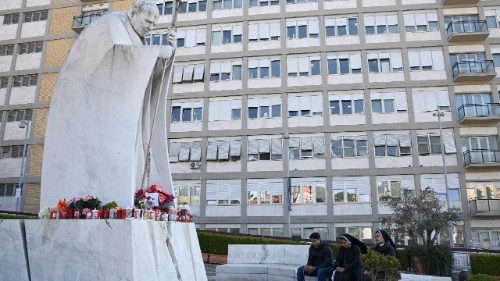The political division of Catholics
In times of fragmentation and radicalization, it is not surprising that the Christian community suffers from this same defect as it is made up of children of its time, but we should be alarmed if this position affects the ecclesial experience of communion

It is not surprising that the Christian community, made up of children of its time, suffers from this same defect in times of fragmentation and radicalization. Still, we should be alarmed if this position affects the ecclesial experience of communion.
Two nuclei are uniting the political and moral wills of Catholics, those who want to prioritize charity, on the one hand, and those who defend the primacy of truth, on the other. This would not be a problem if a dynamic of dialogue were established between both sensitivities, weighing up the priority criterion at each moment, place, and under each condition. However, polarization comes when the understanding of listening to the other and his reasons is rejected. Dialogue requires the indispensable ingredient of charity, to listen to the heart of the interlocutor, and it only develops supported by the truth: dia (through) – logos (truth).
The Christian vocation is in the union of both tensions, developing charity in the truth. Caritas in Veritate, entitled Benedict XVI, a memorable encyclical recommended for reading, where reminds us that “defending the truth, proposing it with humility and conviction and bearing witness to it in life are demanding and irreplaceable forms of charity.” There are times when the priority will be to propose it, at other times it will be to bear witness to it.
But now we observe some symptoms of contradiction in political coexistence between brothers of faith.
The first symptom is lying, the exact opposite of truth. Lies, sometimes disguised as exaggeration or unfounded generalization.
The second symptom is hatred, the exact opposite of charity. Hatred hidden behind disparaging labels that contain judgments, often prior to knowing the realities and the people, therefore, unfair prejudices.
A recent case has been the discussion in Spain about a proposed law for regularization of illegal immigrants. According to this law, illegal immigrants will be able to regularize their situation if they demonstrate roots. This is not about analyzing the content, intentions, benefits and limitations of this law, but about denouncing some crossed criticisms among Catholics that destroy the development of communion.
How should a healthy dialogue between opposing political positions among brothers of faith develop?
First, banish lies. One cannot blithely generalize specific cases. Neither the majority nor all illegal immigrants, are thieves, nor drug dealers, nor can one ignore the insecurity that accompanies the migration phenomenon. Neither are those who question these processes primarily xenophobic, nor are those who support them seeking to destroy Spanish identity and culture. To place oneself at this level of unfounded alarmist closes the possibility of appreciating the nuances and of asking about the underlying issues that are really problematic: What is the point of a legal framework that is systematically and periodically reversed? Why are these immigrants not in a regularized situation from the beginning? Is it so difficult to be a legal immigrant? Why are there immigrants who do not integrate? What profiles? How can this problem be avoided, and how can the just not pay for the sinners?
Second, banish hatred. Avoid labels that do not provide more than an a priori value judgment with words like “ultra”, “extreme” or “radical”, which are normally used as simple derogatory adjectives. It is impossible to dialogue if the predominant feeling is hatred. Hatred is the child of fear, and fear closes understanding, renders reason useless and predisposes to violence. Only those who love to listen. It is desirable that fraternity in faith, the awareness of being brothers, is stronger than any disagreement, and fraternal love is a balm to heal old wounds. In this framework of coexistence, everything can be discussed and there will surely be many points of union where there was initially disagreement.
There will always be interlocutors with whom one cannot dialogue, unfortunately. But that should not happen between brothers of faith. It is desirable that fraternity in faith, the awareness of being brothers, is stronger than any disagreement, and fraternal love is a balm to heal old wounds.
Miguel Ángel Martínez, Director of the School of Catholic Leaders of the Archdiocese of Toledo
Related

Pope Francis spent a peaceful night
Exaudi Staff
02 March, 2025
1 min

Pope Francis has had a peaceful night
Exaudi Staff
25 February, 2025
1 min

What should the boyfriend or girlfriend I should find be like?
Patricia Jiménez Ramírez
24 February, 2025
4 min

The Pope spent a quiet night at Gemelli
Exaudi Staff
23 February, 2025
1 min
 (EN)
(EN)
 (ES)
(ES)
 (IT)
(IT)

